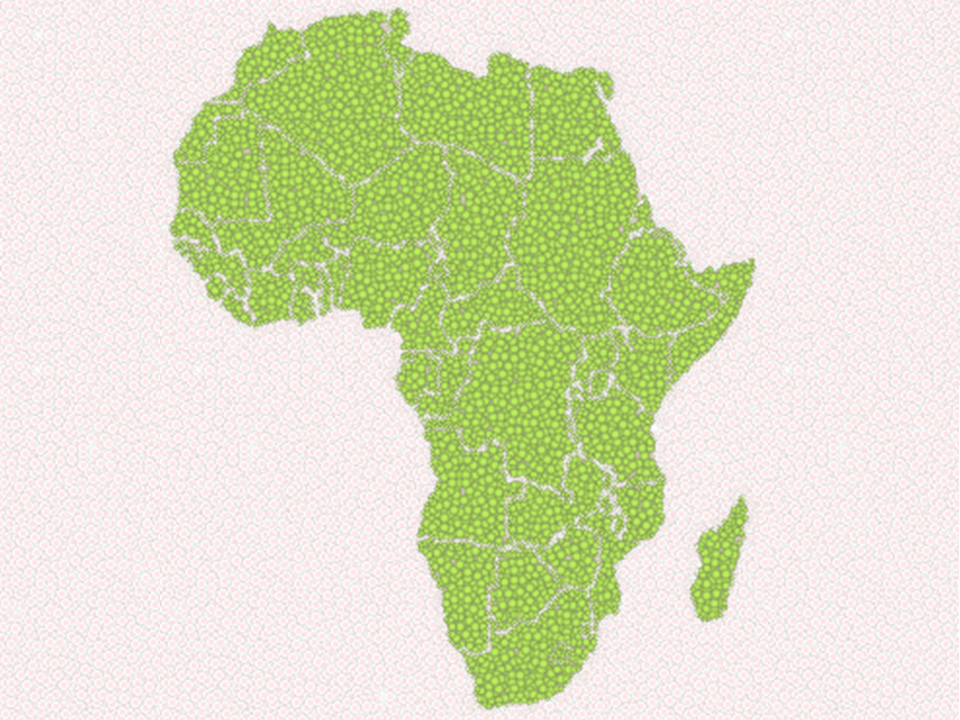Pick Up
1314. African Food Security

1314. African Food Security
The 9th Tokyo International Conference on African Development (TICAD 9) is scheduled to be held in Yokohama from August 20 to 22, 2025. This article, published on the African Union website, discusses the challenges and opportunities facing African food security.
Africa accounts for 60% of the world's available arable land, and agriculture provides livelihoods for 70% of the population. However, the continent produces only 10% of global agricultural production. African agriculture suffers from low productivity, a lack of investment, urban-biased policies, and bottlenecks that prevent women from accessing productive capital, including land tenure. Furthermore, African agriculture has low added value and underdeveloped rural infrastructure. As a result of these deficiencies, the threat of hunger, which has disappeared in other parts of the world, persists in Africa.
According to a report by the United Nations Development Programme (UNDP), one-quarter of the world's multidimensional poor (456 million people) live in Africa. Food security and human development are closely linked to factors such as productivity, nutrition, resilience, and empowerment. Furthermore, the environment and natural resources that underpin productivity and sustainability are threatened by a variety of factors, the most urgent of which is climate change.
The continent can break the cycle of drought, hunger, and famine by focusing on appropriate policies to increase smallholder productivity, implementing more effective nutrition policies (especially for children), improving households' resilience to shocks, empowering women, youth, and persons with disabilities, and promoting rural infrastructure and value addition.
To promote agriculture and nutrition, the African Union Commission, in collaboration with the NPCA and REC, will promote the implementation of strategies contained in frameworks such as the Comprehensive Africa Agricultural Development Programme (CAADP) to increase food production and access. This will enable Africa to become self-sufficient and export-oriented, and mitigate drought-related food insecurity. The Commission will also develop strategies to promote the value addition of Africa's raw materials through the development of agro-processing and marketing sectors in member states. It will also promote measures to support Africa's transition to a green economy by promoting sustainable natural resource management and mitigating the effects of climate change without undermining growth.
It is expected that drought-induced food crises will be mitigated through significant improvements in sustainable agricultural production, food security, and resilience to climate change shocks.
Contributor: IIYAMA Miyuki, Information Program
